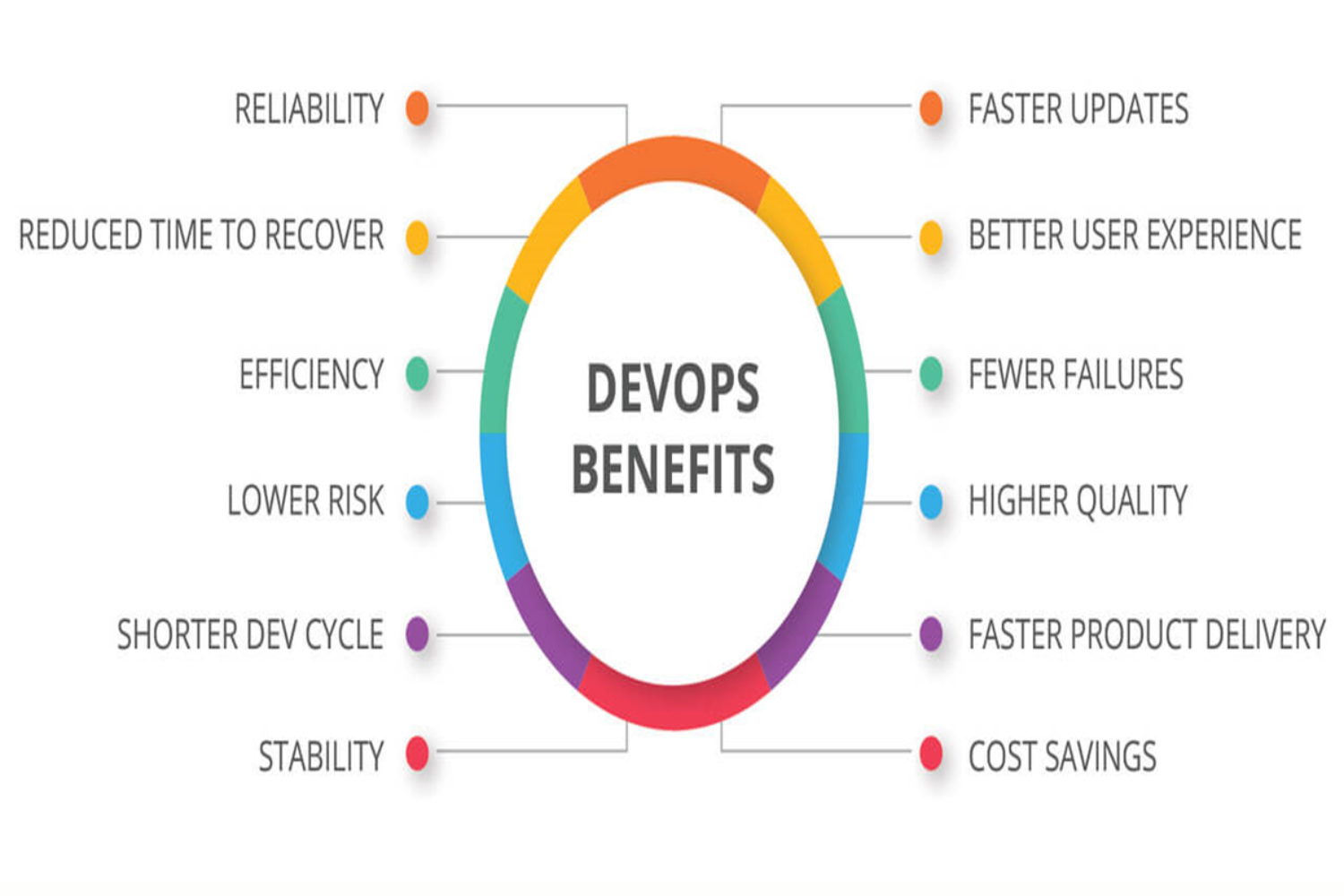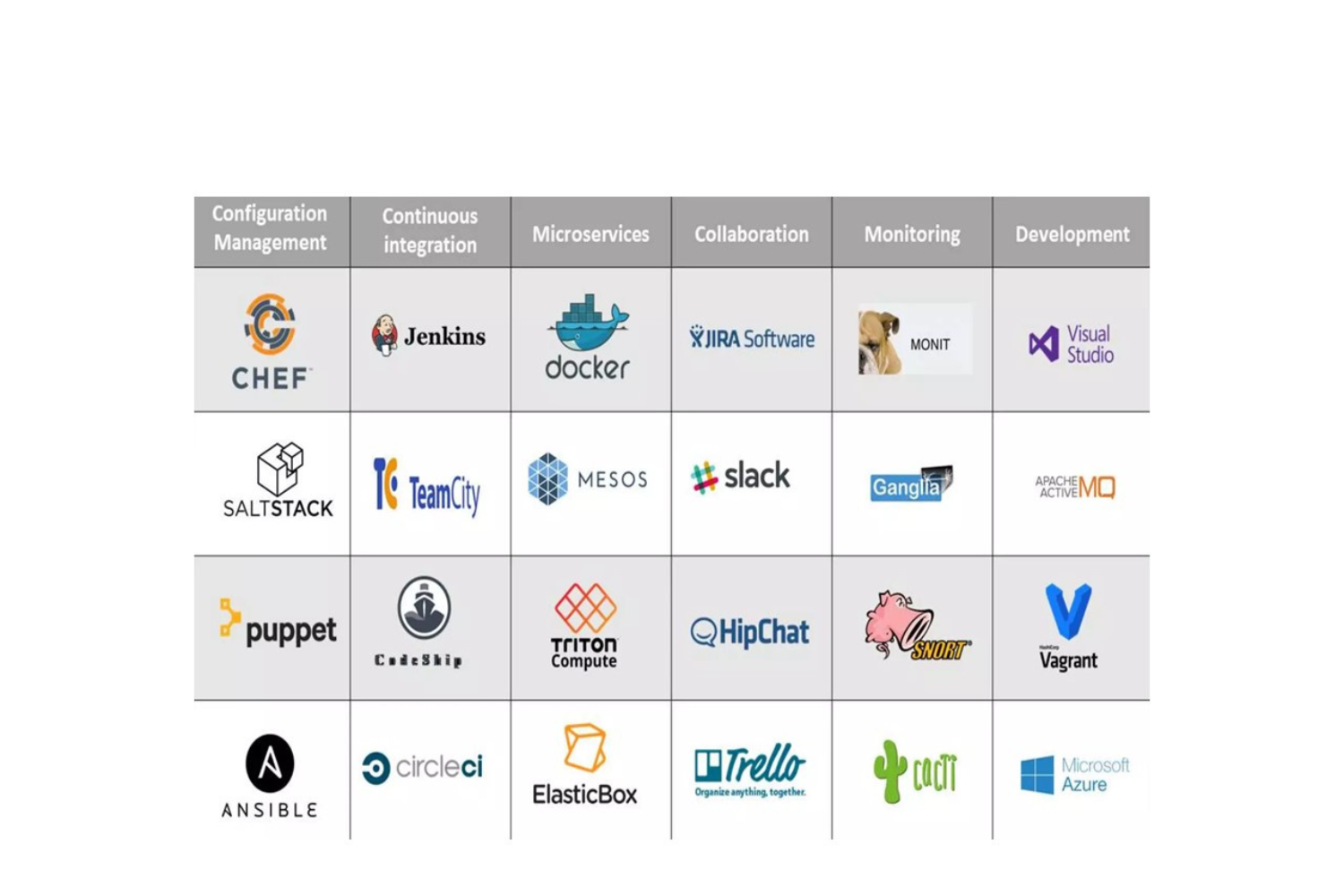
DEVOPS
PROCESS ENGINEERING IN DEVOPS
BENEFITS OF PROCESS ENGINEERING IN DEVOPS
Benefits of process engineering in DevOps:
Efficiency: Streamlines workflows, reducing time and effort.
Quality: Improves software quality and reliability.

JOB ROLES OF PROCESS ENGINEERING IN DEVOPS
Main Technologies Used in Process Engineering:

COURSE HIGHLIGHTS

CONCLUSION
In conclusion, process engineering in DevOps is the linchpin of efficient, collaborative, and automated software development and delivery. It underpins the core principles of DevOps, driving efficiency, reliability, and agility in organizations. By streamlining workflows, standardizing procedures, and fostering collaboration, process engineering paves the way for higher-quality software, faster time-to-market, and the ability to adapt to evolving demands. It is the key to achieving excellence in the DevOps approach and staying competitive in the rapidly changing world of technology..

